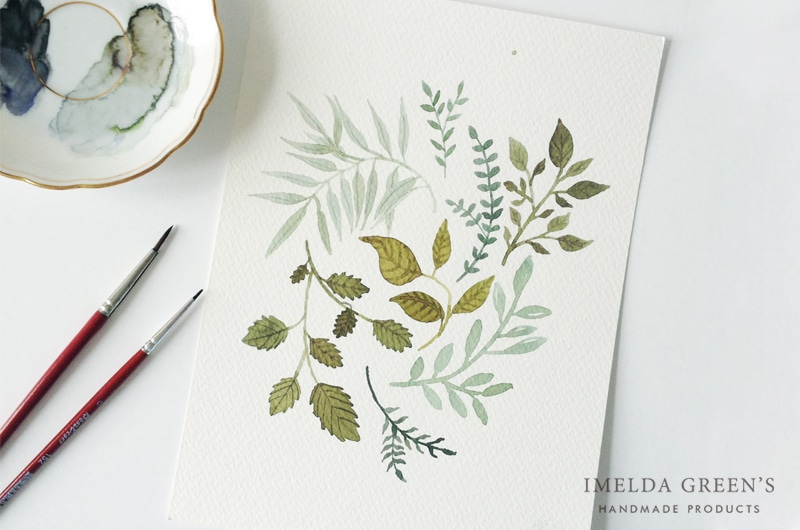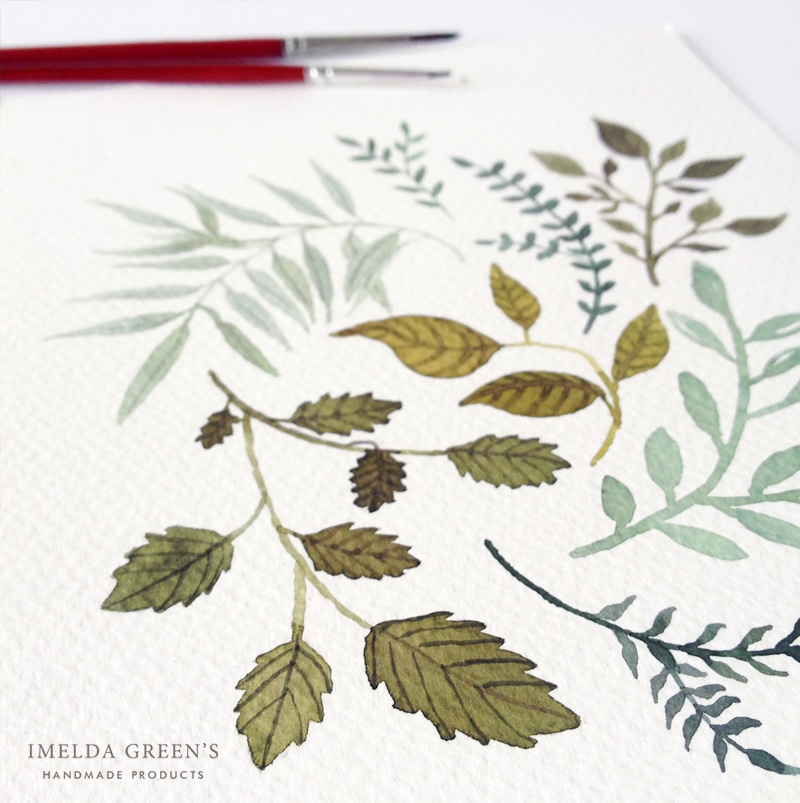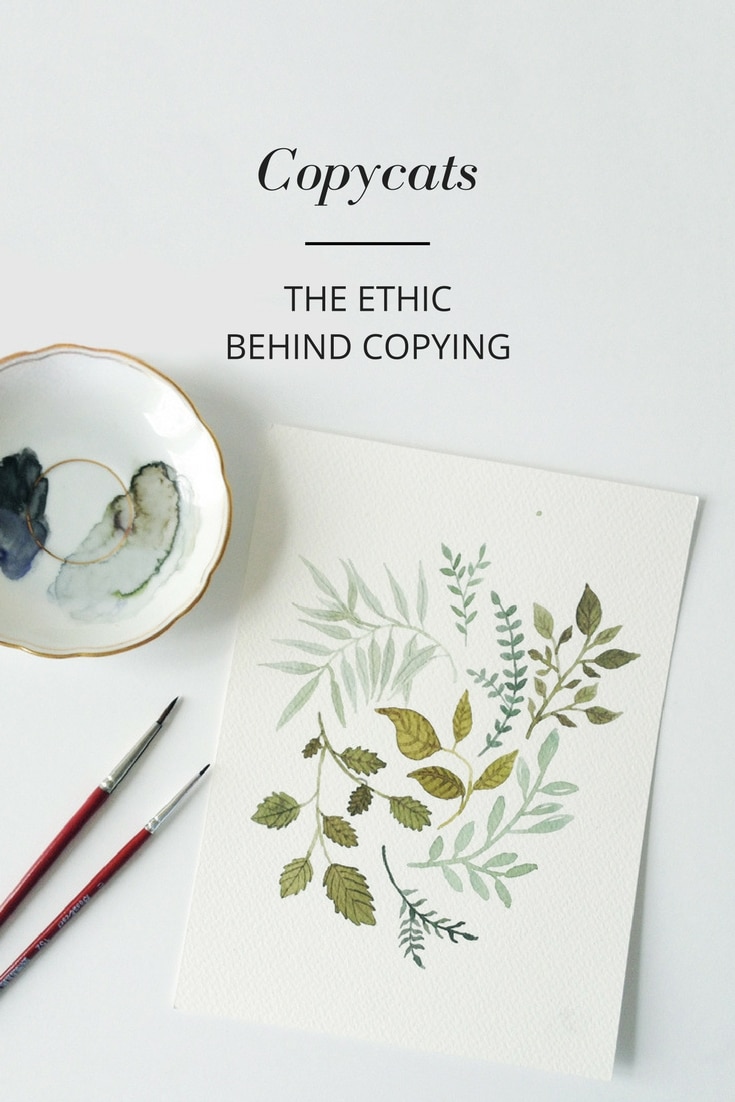A few words about copying…

Copying is kind of a taboo topic among Artists. In posh circles it is common to say that those who copy actually steal, cheat, and use the wrong way to develop their skills. It is therefore lucky, that I don’t call myself an Artist with a capital ‘A’, nor do I belong to posh circles, so I can share my views without fear of losing my “status”.
Starting at the beginning…
People learn things by copying from the moment they set foot in this world. A baby will copy the sounds when learning to speak, copy movements when trying to walk. Art works a little similar. Artists do nothing else, than set a model in front of them and copy what they see. Obviously, it’s not as easy as this, as they have to set up a composition first, then work from 3D in their own style, which is definitely not the same as simply copying someone else’s work, but we can agree that copying is a very basic form of learning for the human race.
On the other side…
Last year the media picked up the scandal when Zara simply stole the designs of an American artist called Tuesday Bassen and placed them on its own products without the artist’s consent. This case got a fair amount of attention and all creators who took themselves seriously were outraged, but unfortunately this kind of thing happens all the time. So it is understandable that artists are rather sensitive when it comes to others using their works without consulting them first.
So what about developing skills?
My career as an “artist” started by copying photos – especially when it came to humans. However, people who took my work seriously at the time warned me against doing this. They said I wouldn’t learn to draw humans like this, and what’s more, my wrong habits will get stuck. I should rather draw from life. I suppose they were right, although I don’t feel any disadvantage of this at the moment – but then I don’t draw realistic portraits these days either. However, there is undoubtedly a funny thing about professional artists: they don’t draw after photos, but they do copy the works of great masters of the past for the sake of learning.
And with this, guys, we have reached the most important point:
whether it is an ethical act to copy or not, depends on what your goal is with your art.
There is incredibly much you can learn about a specific technique or style just by copying it. It can help you develop your own style as well, to try on the style of 50-60 other artists and see what suits you. But of course nobody will throw stones at you if you copy just to entertain yourself in a quiet evening at home, provided you don’t share it online – or if you share it you admit to copying it and name the original artist.

To sum it up…
I think copying is not a sin, it can even help you develop your skills if you follow certain rules. Go ahead and copy if
- you’d like to learn more about a specific technique
- you like the artist’s style and would like to try how it suits you
- your work is for personal use only (you don’t sell it or you are not comissioned)
- you want to relax and haven’t got the energy to invent something extraordinary
- you don’t want to share your work
- you want to share your work but you are prepared to admit that you copied it and you name the original artist
Despite all this, work on your own pieces if you can! Of course it takes a lot more energy and you’ll need inspiration all the same but you can develop uncomparably quicker than by simply copying other people’s art.
Do you copy sometimes? What do you think of this divisive subject?

The picture above is a copy I made after Rose Henges’s piece, during challenging times.


Comment (1)
Paula
April 19, 2017 at 1:39 pm
I’m not an artist. I’m just a simple crafter who makes cards. I have a problem with people who copy but do not tell others that its a blatant rip off. I dislike how they pass it off as their own idea and revel in all the positive feed back they get back when they publish it online.